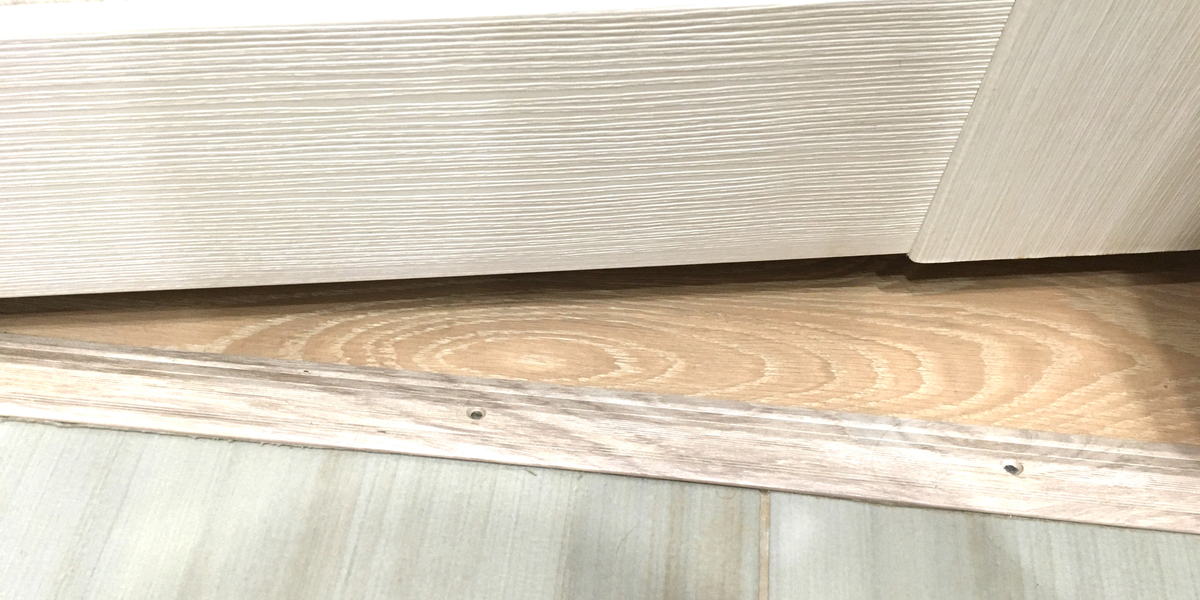In Huntington’s Disease, one of the many problems arising from the disease mutation is that DNA gets folded incorrectly. A new study in mice reveals that a drug changing the way DNA folds may have beneficial effects in Huntington’s – even for the untreated offspring of treated individuals. This discovery could affect how we think about drug therapies for Huntington’s Disease.
Science’s Big Rivalry
Everyone loves a good rivalry – Microsoft versus Apple, Coke versus Pepsi, Hector versus Achilles – and scientists are no exception. For scientists, one of the biggest rivalries of all has to do with how we become the people we are. Are we born into the world pre-determined to be what our genes and DNA tell us, or are our selves – along with the health we enjoy and diseases we suffer – determined by the environment we experience? In other words, which is more important: nature or nurture?
As in many rivalries, both the DNA side (nature) and the environment side (nurture) both have strong support in their camps. However, it’s becoming clear that the answer won’t be black and white but instead an in-between shade of gray. New research shows that nurture can sometimes even affect nature, and at the root of it is DNA.
Know When to Fold ‘em
DNA, the body’s genetic code, is the longest instruction manual on Earth. If you were to take all of the DNA from just one cell in your body and stretch it out straight, it would be about two meters long. Since you can fit about 10,000 average human cells on the head of a pin, this means that those two meters of DNA must be folded up really tightly to make them small enough to fit inside of a cell.
DNA folding is doubly important, because it also allows different cells in the body to receive different genetic instructions from the same DNA instruction manual. Have you ever wondered how a cell in your toe knows how to be a toe cell and not an eye cell? In part, it comes down to DNA folding and the resultant covering (or uncovering) of specific genetic messages. Even though every single one of the cells in your body has the same DNA, different cells with different jobs have their DNA folded differently.
You can think of DNA kind of like a square of paper that you’d fold up when making an origami flower. To make a flower, the paper must be folded in a very precise way, such that some parts are hidden inside the flower and other parts are visible once the flower is made. If you had written down instructions on the paper before folding it, only some of the original writing would be visible once you finished folding up the flower. The others would be hidden inside the flower’s folds.
In just this way, only some of the genes (instructions) in DNA are visible at any given time to a cell in your body.
On the Mark
As you might guess, this DNA folding is a well-honed process. DNA has special chemical marks on it that mean the equivalent of “fold here” or “unfold here”. Following these different folding directions leaves different pages of the genetic instruction manual free for reading.
These marks, and the resulting folding/unfolding of DNA and gene expression, are called “epigenetic”.nJust like your DNA (which you receive at the moment of conception from your mom and your dad), epigenetic marks can get handed down from parent to child. Unlike your DNA, though, the epigenetic marks can also move around or change. Things like stress, diet, and toxins affect the marks, and so these same things can affect DNA folding and, ultimately, the genetic instructions that get read from your DNA instruction manual.
Altered DNA Origami in HD?
So, what does all of this DNA origami business have to do with nature versus nurture and Huntington’s Disease? In Huntington’s Disease, we know that one tiny section of the DNA instruction manual gets repeated too many times. This change falls into the “nature” realm; correcting it at the DNA level would be really hard, since this would require altering the DNA makeup of each of the trillions of cells in a human body.
However, scientists think the Huntington’s mutation also messes with the DNA folding process. Even a small change in the folding instructions could cause major problems. As anyone who has ever tried to make a paper crane knows, doing just one step out of order virtually ensures that you won’t have a properly folded crane at the end. Similarly, if the markers telling the DNA where to fold get changed, then the DNA won’t be folded in the right way. The wrong genes will be visible at the end of the folding, and this could lead to disease.
However, this DNA-folding problem is approachable in a way that the straight DNA problem isn’t. Since we know that things in the environment (i.e., those in the “nurture” category) affect DNA folding, maybe we can use these to correct the DNA folding problem.
Can We Re-Fold DNA?
With this idea in mind, scientists have started searching for ways to reset the DNA folding markers in Huntington’s Disease and other diseases. If they could do this, they think they could potentially re-fold DNA and correct the genetic instructions available to cells of the body.
One way to change these markers is by using drugs known as HDAC (pronounced h-dack) inhibitors. HDAC inhibitors are all the rage in Huntington’s (and, more generally, neuroscience) research right now: in several animal models of Huntington’s, they can alleviate symptoms and even prolong lifespan. There are already a number of early stage clinical trials ongoing to determine if HDAC inhibitors are safe in humans.
Putting It to the Test
A group of scientists at the Scripps Research Institute has been trying to figure out exactly how and why HDAC inhibitors improve models of Huntington’s disease in the laboratory.
These scientists took male mice with a mutant human Huntingtin gene and treated them with a HDAC inhibitor, one already know to be beneficial in animal models of HD, for a month. As they expected, drug treatment changed the folding marks (and thus the genetic instructions being read) in the cells of the male mice and delayed the onset of Huntington’s-like symptoms.
Then, the researchers did something really cool.
Since they knew that folding marks can get passed down from parent to child (just like DNA), they allowed the drug-treated male mice to mate. Excitingly, the offspring of the treated mice had a delayed onset for their HD symptoms, with improved motor function and cognition. These improvements were particularly pronounced in male offspring. Further, the offspring, none of whom had ever been treated with the drug, even had some of the same DNA folding patterns as their treated fathers.
All of these changes occurred without altering the DNA code, just by changing the pattern in which it was folded!
The Bottom Line: What Does This Mean for HD?
Scientists are still figuring out what this very new information means. In theory, this work is exciting because it’s the first example of an improvement in symptoms across generations due to moving about the DNA folding markers.
Whether this type of cross-generational effect would happen in humans (who are way more complex than mice) and in both genders (only male mice were treated in the study) remain to be determined, as does whether such improvements could persist through more than one generation. More importantly, this work is still very early-stage, so scientists don’t yet understand how altered DNA folding patterns actually improved the Huntington’s symptoms in the mice. All in all, translating this work to humans is still some time away.
However, this research is really interesting, because it gives us new ways to think about a class of drugs that are just beginning to be used in human patients. Although it’s still in its infancy, this type of treatment could lead to better understanding and better development of future drug treatments for HD.







